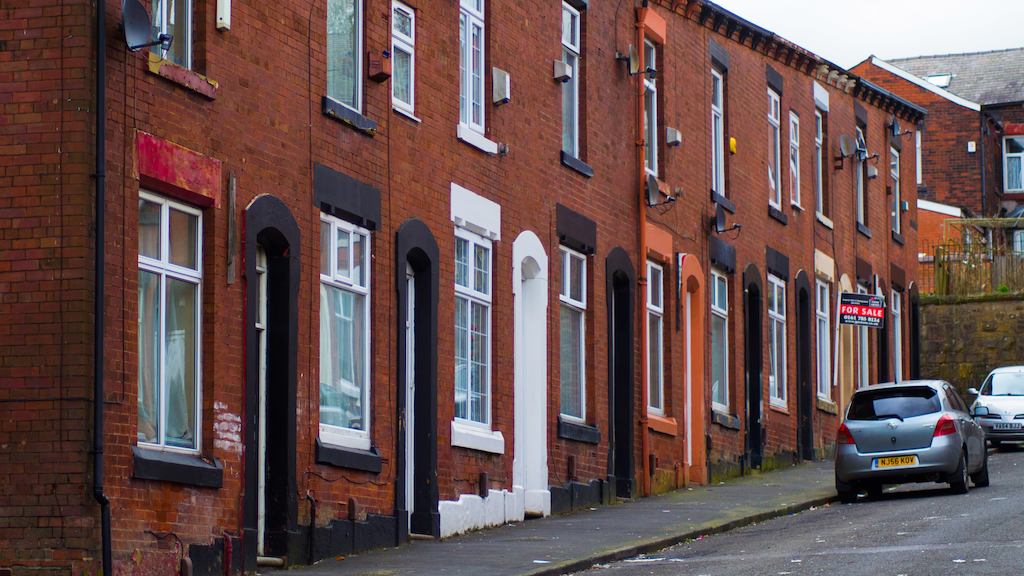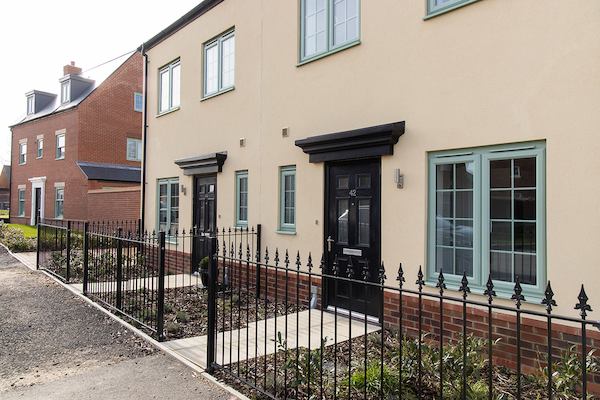Investing in home improvement would be a low-cost net zero policy that could deliver carbon savings equivalent to removing almost 500,000 petrol cars from England’s roads every year, a new report published today reveals.
If the government invested just £625 million a year into home improvement, it could reduce annual carbon emissions by almost 750,000 tons, according to a new report from the Centre for Ageing Better and the cross-party think tank Demos.
This would be 1% of the country’s total annual net zero emissions reduction target and the equivalent of the emissions created by 463,892 petrol cars or 750,000 flights from London to New York, details the new report which has been produced with the support of the Dunhill Medical Trust.

